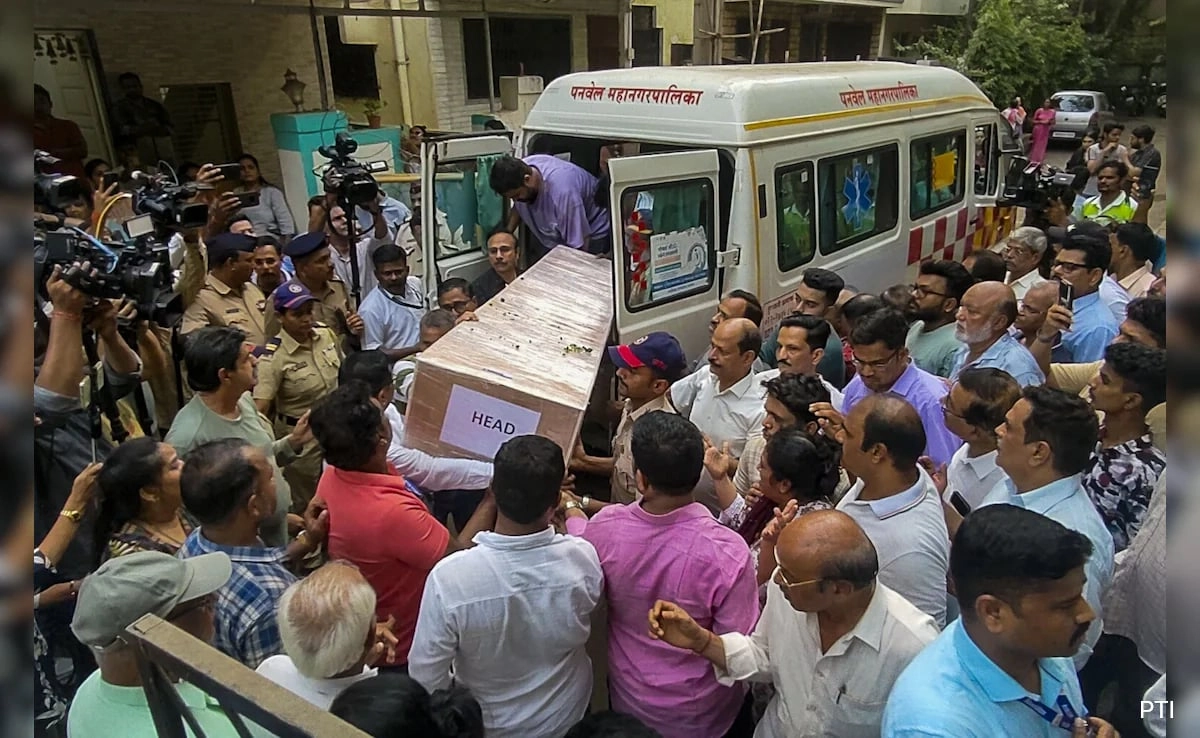The recent terror attack in Pahalgam has left the nation in shock, with the tragic loss of 25 Indian lives and one citizen from Nepal. This incident has heightened tensions in the region, prompting India to adopt a firmer stance against Pakistan. The attack, which occurred in a popular tourist destination, highlights the ongoing security challenges faced by India and the persistent threat of terrorism that looms over the subcontinent. In the wake of this tragedy, there has been an outpouring of grief and anger from various quarters, with citizens and leaders alike calling for justice and stronger measures to combat terrorism.
In response to the attack, the Indian government has taken swift action, signaling its resolve to confront the perpetrators of this heinous act. Officials have emphasized that such attacks will not be tolerated and have pledged to enhance security measures across vulnerable areas. The incident has reignited debates surrounding national security and the need for a comprehensive strategy to deal with terrorism emanating from across the border. Furthermore, the involvement of a foreign national in the tragedy has added another layer of urgency to the situation, prompting discussions about the implications for India’s diplomatic relations in the region.
As investigations continue, the government is likely to reassess its approach towards Pakistan, focusing on diplomatic and military strategies to deter future attacks. The citizens of India are rallying in solidarity with the victims’ families, demanding accountability and a proactive stance from their leaders. The Pahalgam terror attack serves as a grim reminder of the vulnerabilities that persist in the fight against terrorism, urging the Indian administration to remain vigilant and responsive to emerging threats. In the coming days, the nation will be closely watching how the government navigates its response, balancing the need for justice with the complexities of international diplomacy.




